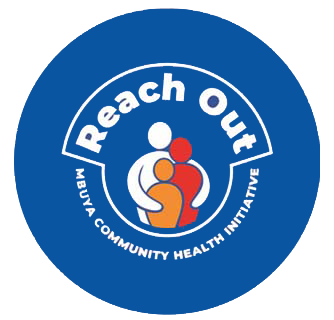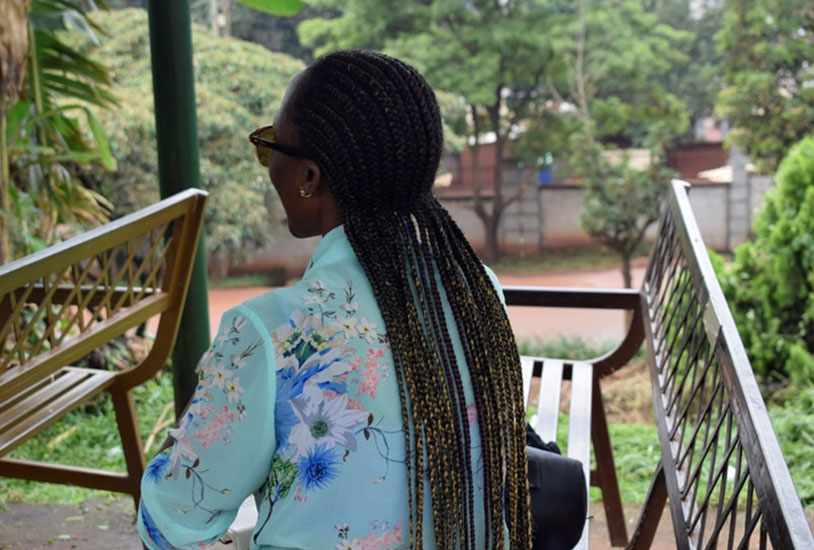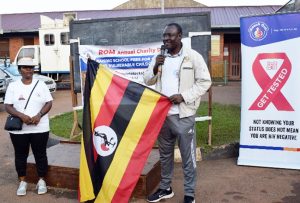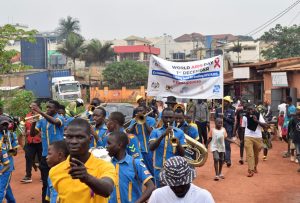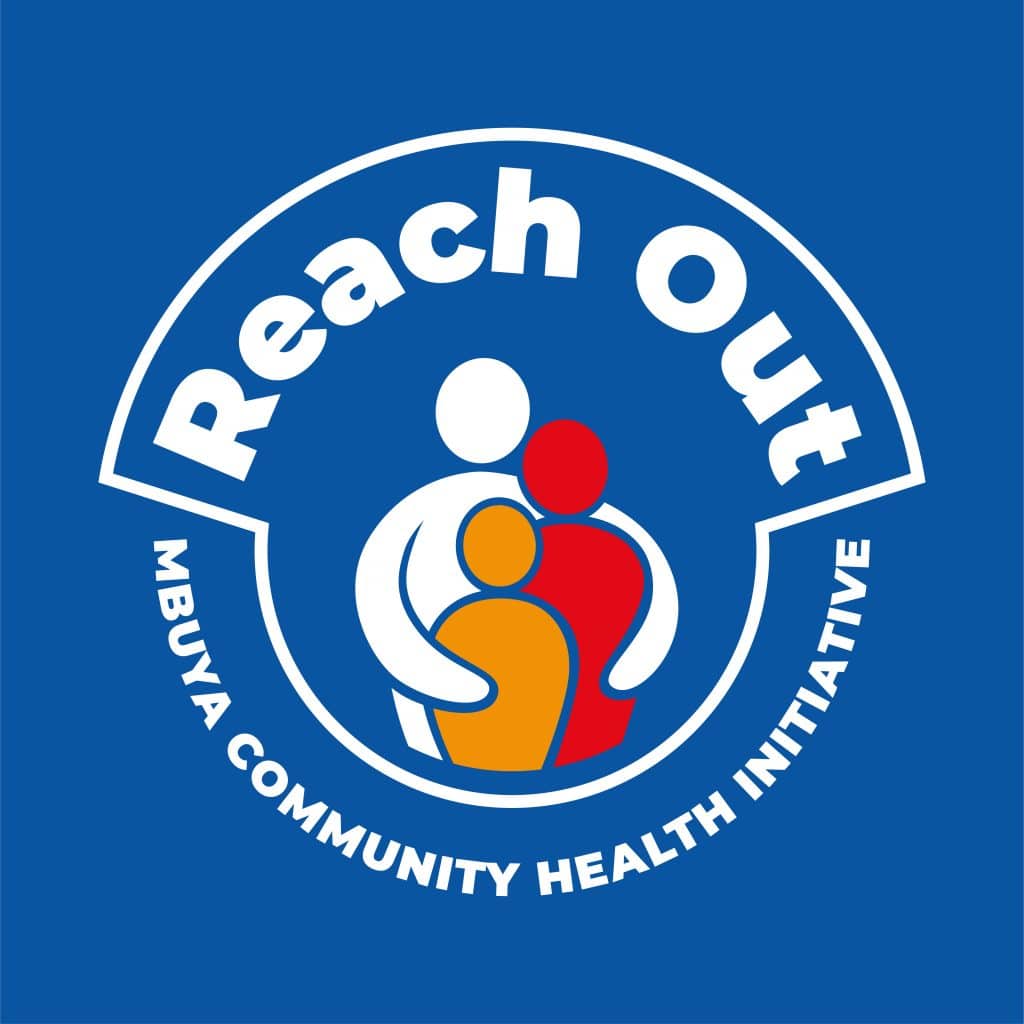Thirty-two-year-old Angela Murungi abandoned her dream of ever working again as a domestic worker at a loving family’s home in Iraq when two months after securing her dream job, she received the bad news of her HIV positive status. “I had got a good family where the lady, her husband and children loved me, but all was short-lived because I was found HIV positive and immediately deported.” She said. Not knowing what to do next, Angela befriended one of the ladies (Brenda also a Ugandan) who worked as a matron at the Internal Affairs premises where she (Angela) slept for three days as she waited for her ticked back to Uganda. Brenda advised her to visit Reach Out Mbuya Community Health Initiative (ROM) for HIV care and treatment support.
On her return to Uganda, Angela, a single mother of two and the only bread winner for her family realized that life had taken a U-turn, for she did not have where to stay, no money, no school fees for her children, felt sickly and her body had started
showing signs of HIV/AIDS. Not any of her relatives was aware of what was going on in Angela’s life. Even when Brenda asked her family to host Angela for as long as she needed, life was still meaningless to the former. Crying all day and night was all she could do, yet it generally affected her health.
Having understood the hardships she was going through, Brenda’s parents who live at Giza-Giza, a small community in Nakawa division, received Angela with open hands and supported her as much as they could. “Brenda’s mother brought me to ROM and during my first two visits, I was crying profusely. I did not want to talk to anyone, not even the health workers.” She added. Despite all, Brenda was fully supported by the ROM healthcare team; went through intensive counselling and was enrolled on treatment.
“When Angela first came to ROM, the only thing she could do was cry. Today, we are happy that she is smiling, adheres to her medicine and is virally suppressed.” Said Mary Namugalu, a Clinician at ROM.
Nine months later, Brenda is now courageous enough to share her story; she is happy about how she feels, proud of her looks and is determined to support as many HIV positive people as possible into care.
She recalls the demeaning attitude her partner expressed when she informed her that she had tested positive but she has forgiven him and prays that he also finds time to seek HIV care and treatment so as not to infect other women.
Although Angela cannot go back to Iraq, she is happily employed in Uganda and can take care of her children, who attend boarding school and taken care of by her mother during school holidays.
Angela is one of the thousands of people living with HIV whose lives have been positively changed by ROM in the past twenty-two years of providing holistic care to most vulnerable members in communities.
